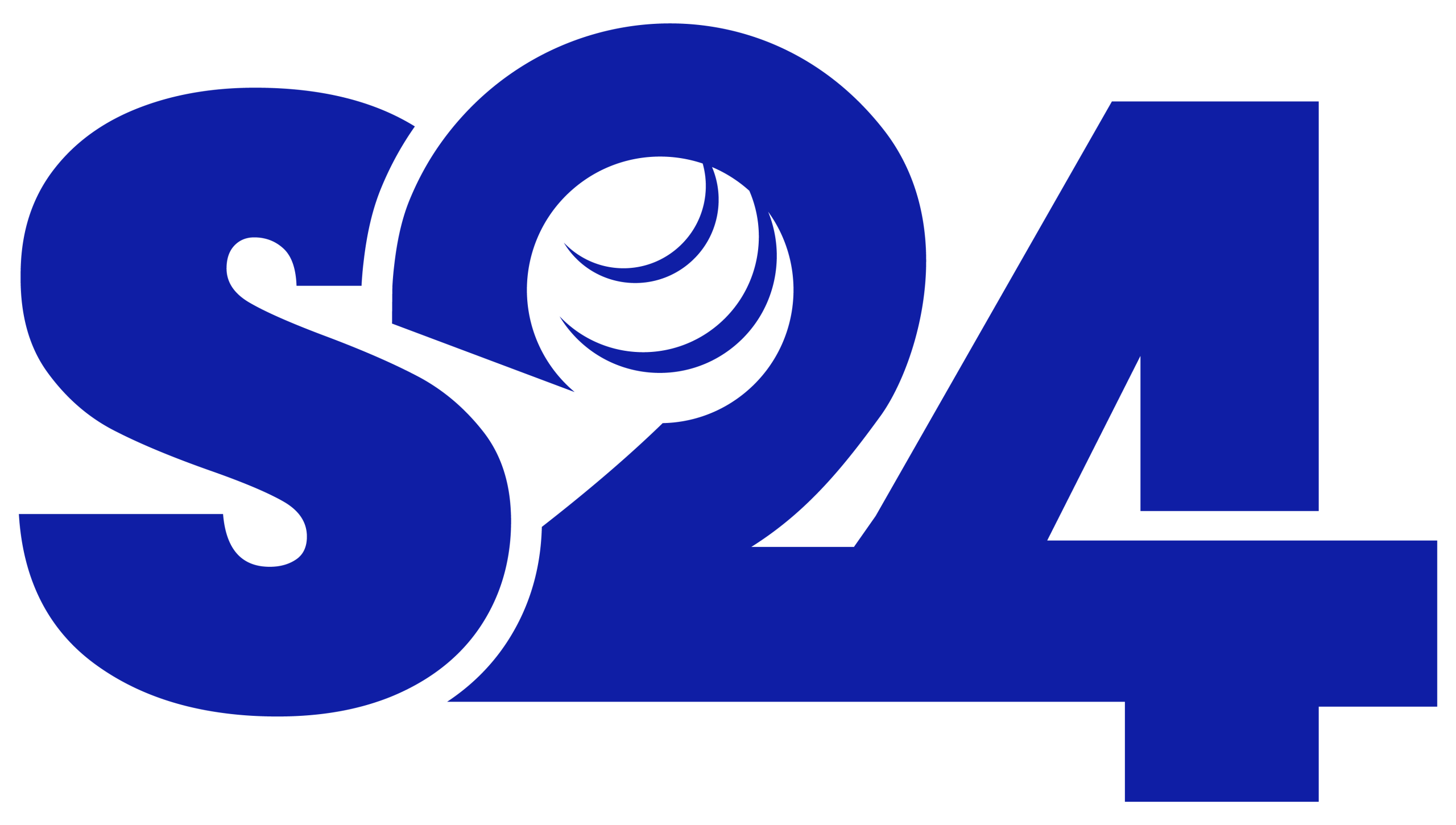Senegal has entered the oil export market, but in an ironic twist, the country is still relying on imported crude from Nigeria to run its only refinery.
Since production began at the Sangomar oil field in 2024, Senegal has been exporting about 100,000 barrels of crude per day to Europe. The shipments mainly go to Spain, Italy, and the Netherlands, where the oil’s heavier, higher-sulphur blend is better suited for advanced refineries.
However, the Dakar Refinery, which has a capacity of about 30,000 barrels per day, cannot process Sangomar’s heavier crude. Instead, it has been running on Erha crude from Nigeria, a lighter, low-sulphur grade that matches the refinery’s technical design.
Why Senegal Can’t Refine Its Own Oil
The Sangomar crude is rated at 31° API with 1% sulphur, while the Nigerian Erha crude is 36° API with only 0.2% sulphur. That difference means the local refinery would need significant upgrades or blending facilities before it could handle domestic output efficiently.
Until then, the refinery will remain dependent on imported feedstock, even as the nation’s offshore oil production continues to grow.
Fuel Imports Still Dominate
Despite becoming an oil producer, Senegal still imports most of its refined fuels, including diesel, gasoil, and fuel oil. In 2024–2025, between 90,000 and 100,000 barrels per day of refined products were brought into the country, with over half sourced from Russia.
Experts predict Senegal’s crude output will remain steady at around 100,000 barrels per day in the near term. The second phase of the Sangomar project, which would add 33 new wells is not expected to come online until 2027.
Until then, Senegal faces a familiar challenge seen across many African oil producers: exporting crude but importing fuel, due to limited and outdated refining capacity.








